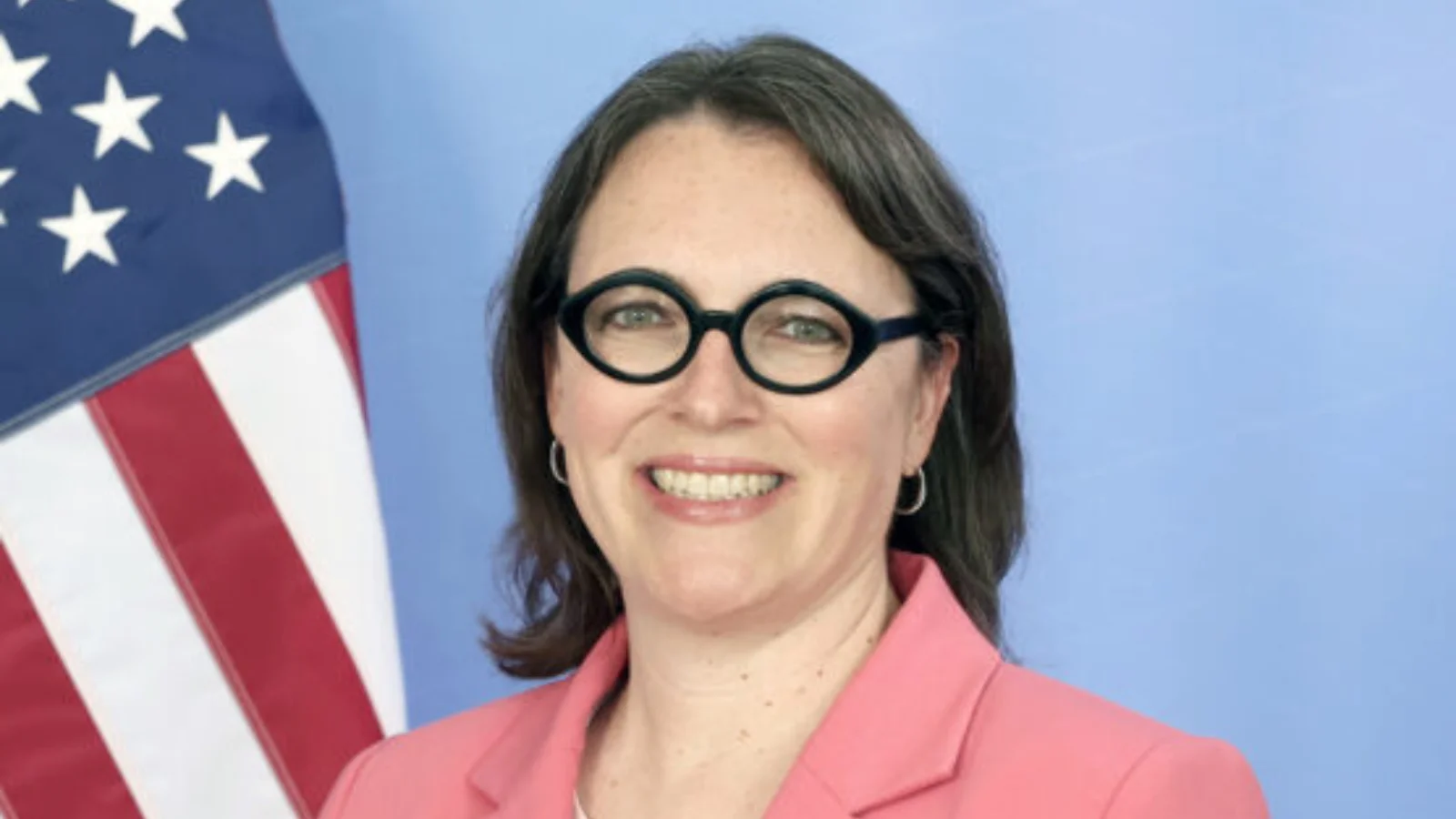The United States has called for significant changes to the way the United Nations High Commissioner for Refugees (UNHCR) approaches its budgeting and operations. Speaking at the 94th Standing Committee meeting in Geneva on September 9, 2025, a U.S. representative acknowledged recent budget reductions and structural reforms by UNHCR but raised concerns about ongoing financial challenges.
According to the statement, "This year, UNHCR undertook necessary budget reductions and structural reforms as a step toward addressing its financial challenges. We welcome these actions. However, once again, UNHCR faces an enormous gap between the member state-approved budget and the income the organization is able to raise. This persistent disparity underscores why the 2026 proposed program budget, like the budgets that preceded it, is unrealistic. Year after year, UNHCR presents figures that vastly exceed anticipated income in expanding areas of work, rather than demonstrating how the agency will live within its means to achieve its core mandate."
The U.S. noted that while UNHCR’s budget is described as needs-driven, there is a contradiction in proposing a $2 billion lower program budget for 2026 compared to 2025 despite rising global displacement numbers. The statement said this undermines confidence in UNHCR's approach: "While UNHCR frames the budget as needs-driven, the 2026 program budget is $2 billion lower than in 2025 despite rising global displacement. This inconsistency undermines the credibility of the needs-driven approach and underscores the need for UNHCR to fundamentally rethink how it articulates needs and allocates resources."
The U.S. delegation emphasized that simply reducing budgets without changing what is included does not address underlying issues: "Simply decreasing the budget without restructuring what UNHCR includes in the budget is not a solution. This approach only masks the widening gap between real needs and actual resources and avoids the hard work of prioritizing the most critical needs." They added that this makes it harder for other organizations or governments to fill gaps or transition responsibilities.
A call was made for greater discipline in strategy across humanitarian agencies: "A disciplined strategy anchored in prioritization, efficiencies, and transparency is essential, not just for UNHCR, but for the broader humanitarian system." The U.S. acknowledged steps taken by UNHCR such as office consolidation and workforce flexibility while commending efforts on oversight and fraud prevention.
However, concerns remain regarding clarity on which activities might be stopped so that focus can be placed on core mandates: "But we note with concern that, despite repeated requests from Member States, it is still unclear what UNHCR intends to stop doing in order to focus on core mandate activities." The statement urged continued emphasis on life-saving interventions and support for refugee returns with an aim toward self-sufficiency.
The United States highlighted its long-standing leadership role in international humanitarian assistance but warned against reliance on any single donor: "For decades, the United States has led the world in shouldering the burden of international humanitarian assistance, but this model is unsustainable. The time has come for every member state to share the burden of humanitarian response." It also called for expanding funding sources beyond traditional donors.
Finally, opposition was expressed toward expanding mandates seen as infringing upon state sovereignty or introducing additional regulations: "At the same time, we strongly oppose any mandate expansion that undermines state sovereignty or imposes burdensome regulations." The statement concluded with a call for reform focused on core mandates rather than broader initiatives like Sustainable Development Goals or Global Compacts.
"We look to UNHCR to demonstrate genuine prioritization, fidelity to its core mandate, and a sincere commitment to reform. Now is the time for bold decisions and shared responsibility—not wishful budgeting," said representatives at Geneva.

